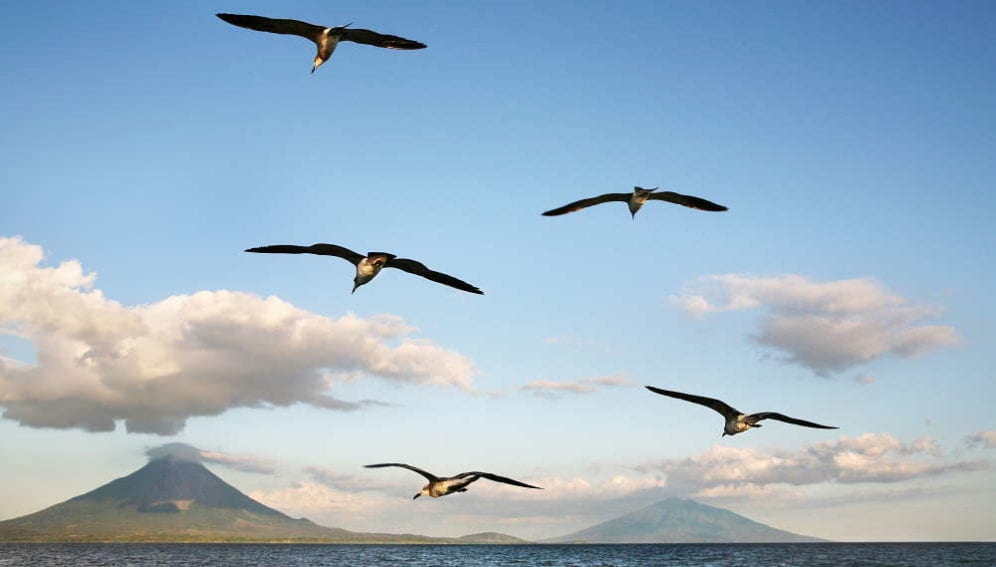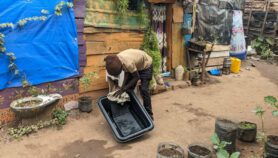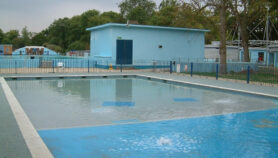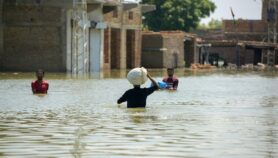By: Catarina Chagas
Send to a friend
The details you provide on this page will not be used to send unsolicited email, and will not be sold to a 3rd party. See privacy policy.
[RIO DE JANEIRO] The recent approval of plans to build a canal across Nicaragua — similar to the Panama Canal — has been met with concern from the scientific community about the project's environmental risks.
Nicaragua's National Assembly announced last month (14 June) that it had granted rights to Hong Kong-based HKND Group Holdings to build the canal and manage it for the next century. Although the canal's route has not yet been defined, it is expected to incorporate Lake Nicaragua — the country's main source of freshwater.
While some studies into the economic viability of the project are yet to be conducted, construction could begin in the next couple of years and last for a decade. Scientists are concerned about the canal's impact on the area's rich — and currently preserved — biodiversity, although no studies into this have been conducted.
The announcement took scientists by surprise.
"Everything has been done very quickly and without any sort of consultation of national or international experts," Singapore-based consulting geophysicist Sergio Espinosa tells SciDev.Net.
The Nicaragua Canal has been discussed for decades, but the reasons for the apparent rush to approve its creation "are unclear at this point", says biologist Jorge A. Huete-Perez, president of the Academy of Sciences of Nicaragua.
While researchers do not deny the potential economic benefits of the canal, they are concerned about the way the project has been conducted.
Years ago, says Huete-Perez, "at least one previous impact study on a possible canal through Lake Nicaragua resulted in the project being deemed too destructive [to the environment]". He argues that Nicaragua is not technologically prepared for the construction and doesn't have enough scientists to deal with the possible environmental damage.
“The canal would be a disaster for biological diversity and ecology. It could undo millions of years of evolution.”
Barry Chernoff
Barry Chernoff, Schumann professor of environmental studies at the Wesleyan University in the United States, says: "The canal would be a disaster for biological diversity and ecology. It could undo millions of years of evolution in Central American freshwater and marine [animals]".
Pedro J. Alvarez, George R. Brown Professor of Engineering and Chair of Civil and Environmental Engineering at US-based Rice University, agrees. "Sensitive ecosystems such as Lake Nicaragua would suffer significant short-term impacts due to dredging [gathering up sediments at the bottom of the lake and moving them elsewhere] and high sediment loads, as well as longer-term impacts due to pollution associated with the increased ship traffic," he says.
He adds that the construction would require major changes in the water system, such as transferring water from some river basins to others, which may increase the risk of water shortages in some areas and flooding in others.
The Academy of Sciences of Nicaragua is trying to warn the public about the risks of the canal by organising a national forum about its possible impacts and seeking the support of scientists around the world to evaluate the plans independently.
"We intend to provide our country, including the current Nicaraguan government, with the knowledge and tools necessary to responsibly and intelligently analyse the plans in order to prevent the catastrophic destruction of our already endangered biodiversity, and marine and fresh water resources," says Huete-Perez.
HKND Group told SciDev.Net via email that it is "committed to exploring the implications of the Nicaragua Canal and Development Project with great care, and to adhering to international standards of best practice in environmental responsibility". It said that it had already engaged ERM, an environmental sciences consulting firm, to independently assess the implications of the project.














